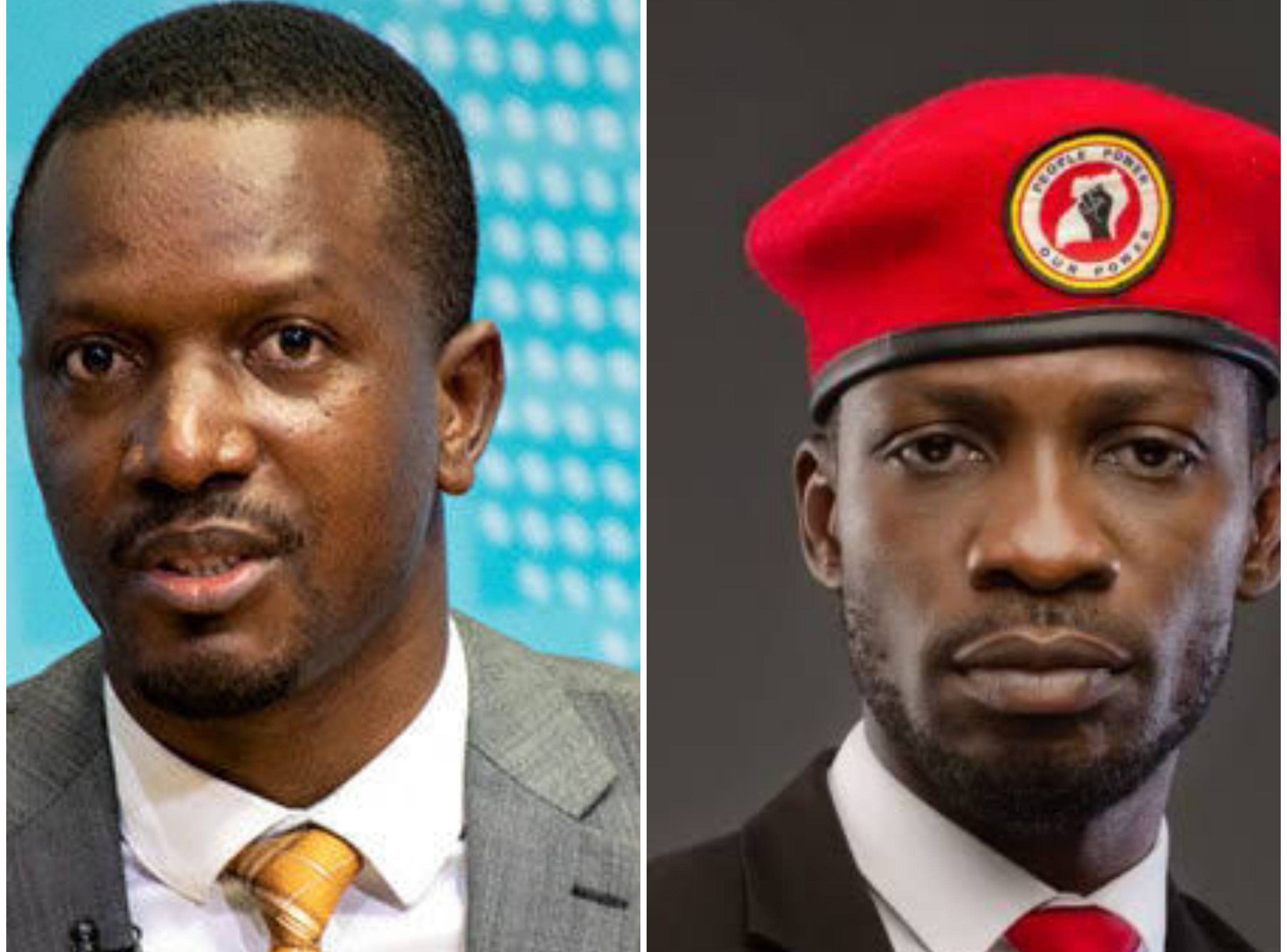The National Unity Platform Diaspora has issued a stern warning to Masaka Resident City Commissioner (RCC), Hudu Hussein, urging an immediate halt to his ongoing online attacks against the leader of the party, Robert Kyagulanyi.
Dr. Daniel Kawuma, the leader of NUP’s Diaspora team, voiced deep disappointment with Hussein’s relentless targeting of political opponents, with a particular focus on Kyagulanyi and the NUP.
Kawuma emphasized the crucial role of a Resident City Commissioner, which involves overseeing and coordinating government activities at the city level.
They work closely with local government officials, law enforcement agencies, and various stakeholders to ensure effective governance and service delivery.
He underscored that this position is part of the public service, funded by taxpayers, and adheres to established government systems with ethical guidelines such as Public Service rules governing the professional conduct of public servants.
In their interactions with citizens, public servants are expected to maintain neutrality in political matters and diligently fulfill their bureaucratic responsibilities.
Regrettably, Kawuma pointed out that Hussein’s online conduct suggests a prioritization of attacking the opposition over fulfilling his official duties, a concern not uncommon in Uganda’s public sector.
This partisan behavior, coupled with corruption, hampers policy implementation and adversely affects the well-being of citizens.
Kawuma questioned how Hussein would receive a known opposition member in his office, considering his tendency to label the opposition as enemies of the state through his inflammatory rhetoric.
He highlighted that Hussein’s salary is funded by Ugandan taxpayers, including members of the opposition, raising concerns about the efficacy of his office.
Kawuma referred to the United States’ Hatch Act of 1939, which prohibits civil-service employees in the federal government’s executive branch from engaging in partisan political activities.
He suggested that Uganda’s prospective leaders should address this challenge and work towards changing the culture of public servants through education and retraining.
Public servants need to understand that their role is to serve the interests of all citizens, not to attack political opponents.
Kawuma noted that the culture of partisanship extends beyond Hussein and permeates various sectors of the government, including the police force, where officers and high-ranking officials frequently make hyper-partisan public statements.
He stressed that public servants should prioritize the public interest over partisan politics and adhere to the principles of political neutrality to ensure effective governance.
In reflecting on Hussein’s case, Kawuma highlighted the significance of professionalism and impartiality as guiding principles for public servants in Uganda.
Transforming the culture of partisanship is vital for establishing a more effective, accountable, and ethical governance system in the country.
It is essential to note that Hussein has faced multiple accusations of online attacks against Kyagulanyi, with this incident being one of many instances where he has targeted him whenever the opportunity arises.
